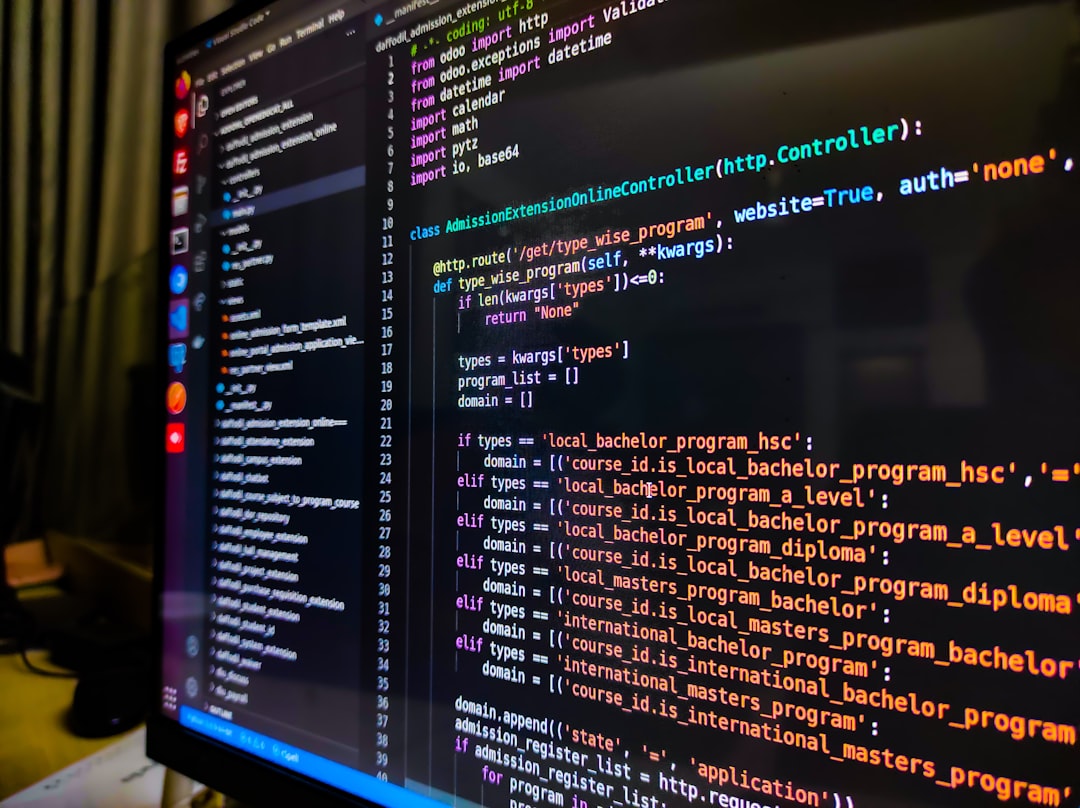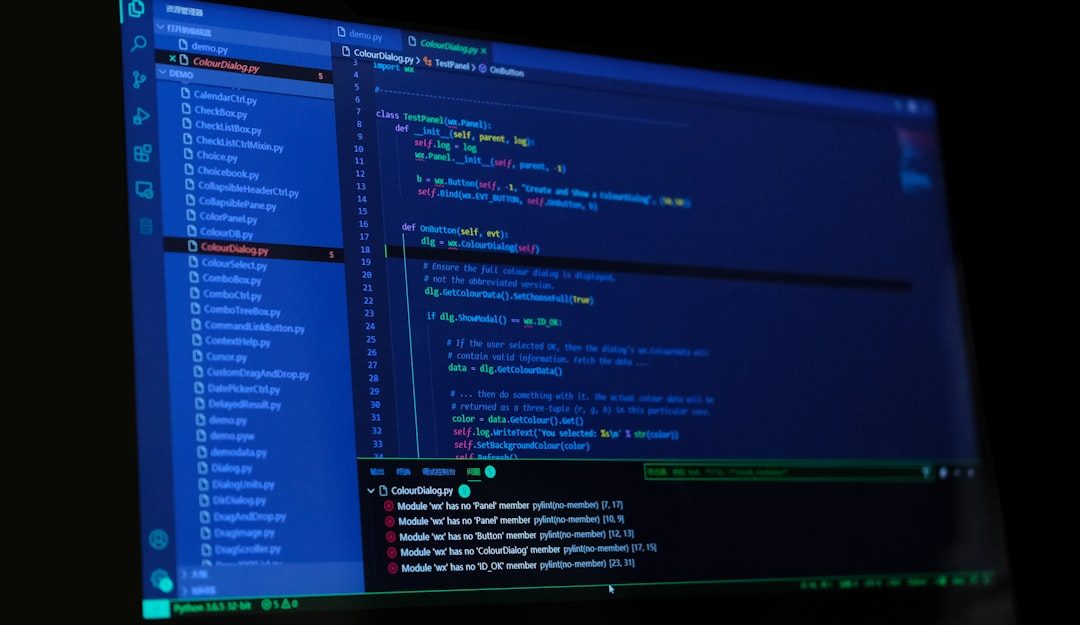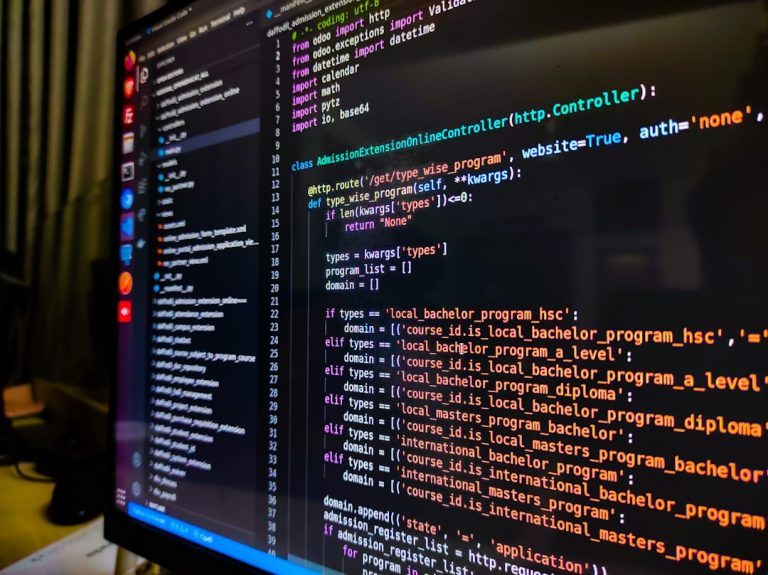In the rapidly evolving world of software development, developers constantly seek smarter and faster ways to write, test, and maintain code. One of the most transformative advancements in recent years has been the integration of Artificial Intelligence (AI) tools into the coding process. These tools have changed the game—revolutionizing how developers work, reducing errors, and increasing productivity.

AI-powered coding tools enable programmers to focus on creative problem-solving by offloading repetitive or time-consuming tasks. Whether you’re a seasoned developer or just starting out, AI can assist you at every stage of the development lifecycle.
1. Intelligent Code Completion
One of the most popular implementations of AI in coding is in smart code completion tools. Examples include GitHub Copilot and Tabnine, which suggest entire lines or blocks of code as you type. These suggestions are based on:
- Contextual awareness of your codebase
- Programming patterns in existing open-source repositories
- Previous code you’ve written in your current session
This not only reduces development time but also introduces developers to new methods or best practices they might not have considered.
2. Automated Code Review and Debugging
Debugging can be one of the most challenging aspects of programming. AI tools now assist by analyzing your code for potential bugs and inefficiencies before you even run it. Tools like DeepCode and Amazon CodeGuru utilize machine learning algorithms to:
- Detect security vulnerabilities
- Highlight inefficient logic and performance bottlenecks
- Recommend fixes based on previous solutions from a vast dataset
These tools act like a second pair of eyes, often catching issues that humans might overlook due to time constraints or cognitive fatigue.

3. Natural Language Processing (NLP) for Code Generation
Imagine describing what you want your code to do in plain English and having the AI generate a functional code snippet. Thanks to advancements in NLP, that’s now possible. Developers can quickly transform ideas into prototypes, significantly speeding up the development process.
Such AI models understand the intent behind natural language and can compose logic that aligns with user instructions. This makes coding more accessible to those who might not be proficient in programming languages, opening the door for broader innovation.
4. Enhancing Collaboration and Documentation
AI can also simplify collaboration on large codebases. By automatically generating documentation and comments, AI tools help ensure that:
- Team members understand each other’s code
- Onboarding new developers is faster and smoother
- Project knowledge is preserved even when original authors move on
In addition, tools like Kite and Codex can answer technical questions on the fly, act as interactive tutors, and provide code examples tailored to your project.
5. Predictive Analytics and Project Management
Beyond just writing and reviewing code, AI tools are increasingly playing a role in project management. These tools can predict delays, estimate resource requirements, and even suggest task priorities based on historical data and current progress.
By integrating with platforms like Jira or Git, AI systems offer data-driven insights that help managers make better decisions, while allowing developers to stay focused on technical tasks.

6. Personalized Learning and Skill Improvement
AI isn’t just there to assist—it can help developers grow. Tools that track your coding patterns over time can provide personalized feedback, highlight areas for improvement, and recommend reading materials or tutorials tailored to your skill level and interest.
This kind of adaptive learning creates a continuous feedback loop, empowering developers to continuously improve their craft, one smart suggestion at a time.
Conclusion
With AI tools becoming more advanced and accessible, the line between human ingenuity and machine assistance continues to blur. These technologies not only streamline coding but also foster a more collaborative, innovative, and efficient software development process. While AI won’t replace developers, it certainly has become a powerful co-pilot in bringing ideas to life faster—and smarter—than ever before.




